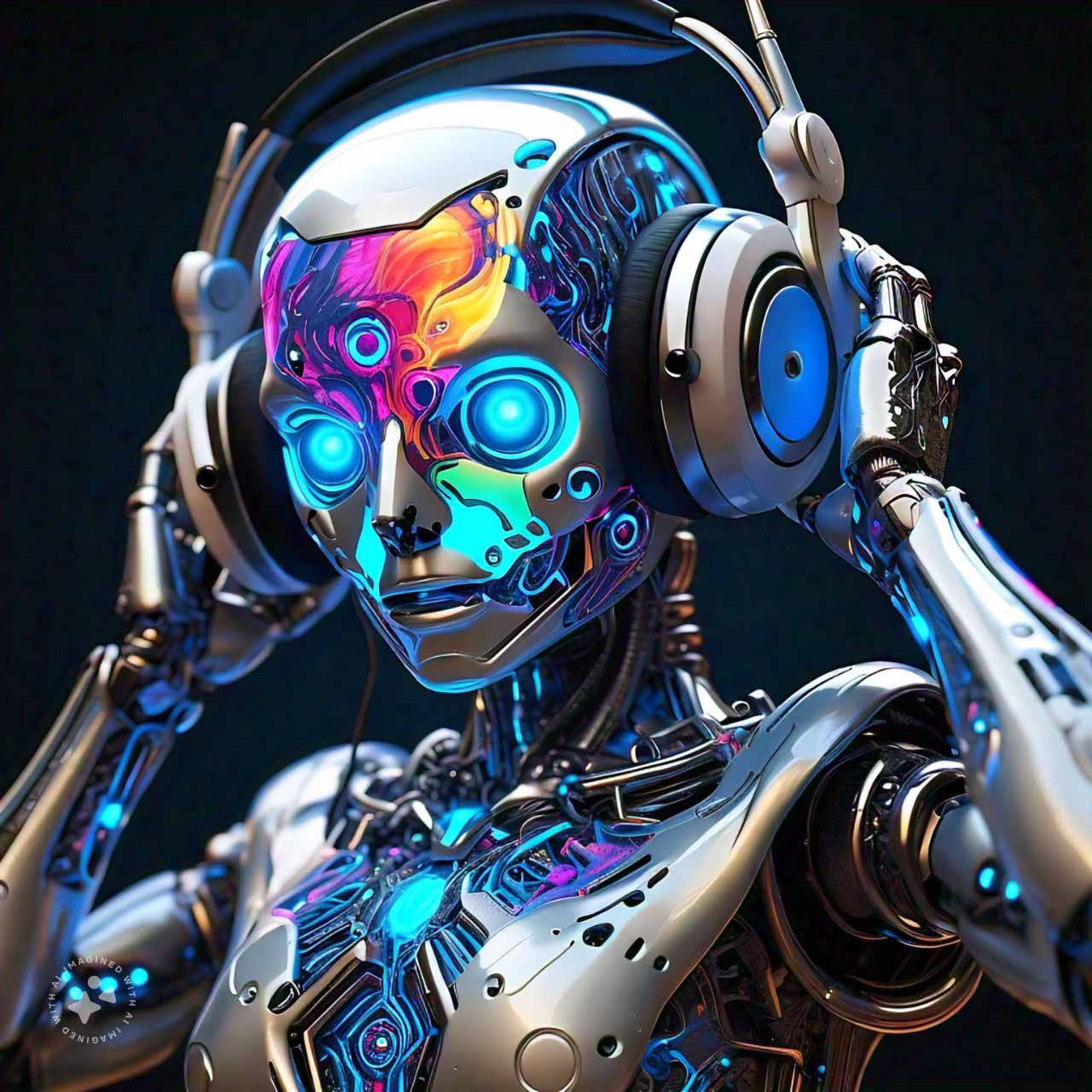Innovation has for many decades become part of the music industry. From the advent of vinyl to the rise of streaming platforms, each technological shift has redefined how we consume, create, and monetize music. Today, we stand at the brink of another revolution – that which is driven by artificial intelligence (AI) and virtual artists. These technologies are not just changing the ecosystem of music industry; they are basically redesigning the core of the industry, compelling record labels to reexamine their roles in a world that is facing a rapid growth.
The influence of AI on music creation is deeply moving. There are algorithms that are capable of composing symphonies, generating beats, and even writing lyrics, which are no longer the stuff of science fiction. Some of the companies like Sony and OpenAI have already demonstrated that AI can produce music that is indistinguishable from man-made tracks. As these tools become classier, they challenge the traditional role of artists and songwriters, pushing record labels to explore new models of talent discovery and growth.
Similarly, the rise of virtual artists is another game-changer. These digital units, are mostly powered by AI, as they are not bound by the limitations of human performers. They can even release music, get the fans engaged and even perform live shows in virtual reality. Virtual idols like Hatsune Miku and Kizuna have already gathered massive followings, which shows that audiences are eager to embrace non-human performers. Record labels that once prided themselves on surveying and promoting human talent must now consider how to market and manage these virtual entities.
With the presence of AI and virtual artists, the economics of music production and distribution could undergo a tremulous shift. Traditional record deals, which often include important open investments in artists, may no longer be necessary in a world where AI can create endless content at a fraction of the cost. This could lead to a democratization of music production, where autonomous creators can use the influence of AI tools to produce high-quality tracks without needing the backing of a major label. However, it as well raises questions about the value of music in a world where it can be mechanically mass-produced.
One latent outcome of this change is the rise of “hyper-personalized” music. AI has the propensity to analyze an individual’s listening habits, mood, and even biometric data to create custom tracks tailored to their preferences. This level of personalization is beyond the reach of human artists, and record labels that harness this technology could offer unique, bespoke experiences to their listeners. However, this also challenges the notion of the artist as a singular creative force, blurring the lines between human creativity and machine-generated art.
The role of record labels as middlemen and tastemakers is threatened by the common presence of artificial intelligence. Historically, labels take full charge of flow of new music, deciding which artists to promote and which songs to release. Moreover, with AI-generated music and virtual artists, the function of gatekeepers become generally diminished. Algorithms can now envisage and answer to trends in real-time, generating content that is suitable with the latest fashions before they even appear. As a result, record labels must familiarize by focusing more on curating and contextualizing content rather than just distribution.
This new scenery also presents legal and ethical challenges with questions like: Who owns the rights to music generated by AI? What happens when virtual artists “collaborate” with human performers? These are questions that record labels, lawmakers, and artists themselves will need to contend with. The traditional frameworks for intellectual property may need to be reconsidered, and labels that steer these complexities efficiently will have a competitive edge.
Notwithstanding, AI and virtual artists also offer record labels extraordinary opportunities. Take a moment to imagine a world where labels can sign and manage dozens of virtual artists, each tailored to different sections and markets. These artists could perform around the clock, while releasing music at a rapid pace and engage with fans in ways that human performers cannot. For labels, this means new revenue streams, lower overheads, and the ability to engage audiences in different ways.
Moreover, the intensification of AI and virtual artists could lead to a rebirth in creativity. Once it is freed from the constraints of traditional music-making, artists and producers can test new sounds, genres, and formats. Record labels who embrace this innovation can position themselves as leaders in the next wave of musical progression. They can also play a crucial role in meeting the gap between human and mechanics, nurturing alliances that push the margins of what is rather achievable in music.
However, there are risks in the integration of AI and virtual artists into the music industry. There is a danger that the focus on technological modernization could dwarf the emotional and cultural aspects of music that have always been the core. Record labels will need to strike a balance between accepting new technologies and preserving the human element that makes music so incredibly powerful.
At the end, the future of record labels in the age of AI and virtual artists will rely on their ability to adapt and evolve. Those that hold unto old models may find themselves left behind, while those that prioritize change and innovative style will thrive in this new era. The challenge for record labels is not just to survive but to restructure their role in a world where the lines between human and machine, artist and algorithm, are progressively distorted.
There is therefore an inevitability of the transformation of the music industry by AI and virtual artists. Gazing at the future, one thing is clear: the record label of tomorrow will certainly be different from the present-day innovation. Whether this is a future of endless options or one of existential fears, everything boils down on how the industry chooses to respond to the challenges and opportunities that is ahead of it.





